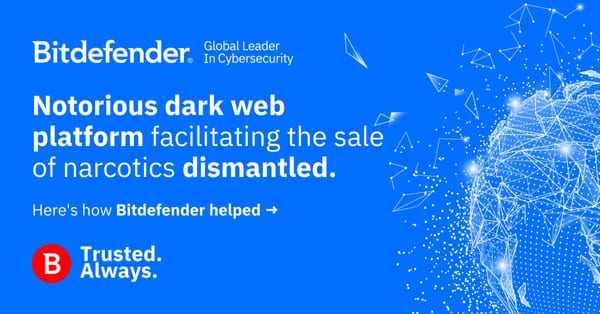Phishing Campaigns Boosting Success with Google Analytics

Cybercriminals behind phishing campaigns are using Google analytics for their websites, enabling attackers to gather relevant data that can boost their success, an Akamai study found.
Phishing kit developers have integrated web analytics into the software sold on the dark web, which gives attackers a wealth of data and reports that include page views, geographical location for users, and a lot of other information.
According to Akamai researcher Tomer Shlomo, the platform phishing kit developers most commonly use is Google Analytics. The analytics even tracks the user’s behavior on websites, the time people spend on page, the number of users, the number of people that fill out the forms, what they clicked on to get to the website, and much more.
“Akamai scanned 62,627 active phishing URLs of which 54,261 are non-blank pages that belong to 28,906 unique domains. We discovered 874 domains with UIDs and 396 of the UIDs were unique Google Analytic accounts. Moreover, 75 of the UIDs were used in more than one website,” explained Tomer Shlomo. “Analytics are just another brick in the phishing industry wall, representing the operational side used by developers to improve kits, and gather stats on campaign effectiveness. Overall, what we’ve shown here is another instance where criminals abuse legitimate services for malicious purposes.”
Phishing campaigns show no sign of slowing down, and the latest data indicates an opposite trend. 2019 saw the most significant number of phishing emails in the past three years aimed at companies and individuals, and the forecast is not optimistic.
Phishing is also referred to as social engineering. Attackers prompt users to enter their data into fraudulent websites that resemble authentic ones, allowing criminals to compromise other systems using real credentials. A good rule of thumb is that online services, financial institutions and other companies never ask for personal information over the Internet or the phone.
tags
Author
Silviu is a seasoned writer who followed the technology world for almost two decades, covering topics ranging from software to hardware and everything in between.
View all postsRight now Top posts
Torrents with Pirated TV Shows Used to Push Lumma Stealer Malware
November 14, 2024
What Key Cyberthreats Do Small Businesses Face?
September 06, 2024
FOLLOW US ON SOCIAL MEDIA
You might also like
Bookmarks








